Risk management and compliance
Upholding Resilience, Integrity, and Operational Continuity in Global Commodities Trading
At MOYA Leading Group (MLG), risk management and regulatory compliance are embedded at the core of our trading philosophy. With more than five years of continuous growth in volatile energy markets, MLG has built an integrated enterprise risk management (ERM) system that ensures transparency, business continuity, and sustained performance across the full commodities lifecycle—from origination to delivery.
Our governance framework is reinforced by sophisticated monitoring systems, strict internal controls, and cross-functional coordination between Risk, Compliance, Credit, Tax, Finance, Internal Audit, HSEC, and Legal teams. The result: a robust, proactive approach to identifying, evaluating, and mitigating risks—commercial, financial, operational, geopolitical, and environmental—across all jurisdictions where we operate.
Rigorous KYC/KYB Procedures
Counterparty Risk Mitigation Through Forensic-Level Due Diligence
MLG enforces stringent Know Your Customer (KYC) and Know Your Business (KYB) protocols as a first line of defense against reputational, legal, and financial risks. Each potential partner undergoes a comprehensive due diligence process, including:
- Corporate structure analysis and ultimate beneficial ownership (UBO) mapping
- PEP and adverse media screening via global compliance databases
- Sanctions checks across UN, EU, OFAC, UK HMT, SECO, and local watchlists
- Operational and financial solvency verification (via audited statements or equivalent)
- Assessment of ESG compliance and legal history (including trade embargo violations)
These procedures are embedded into our proprietary onboarding platform, which integrates third-party compliance APIs for real-time risk flagging and enhanced audit traceability. Revalidations are conducted periodically or when a material change occurs.
Adherence to OFAC, AML, and International Sanctions
Global Compliance Infrastructure Anchored in Multijurisdictional Standards
MLG maintains full compliance with applicable Office of Foreign Assets Control (OFAC) regulations, Anti-Money Laundering (AML) laws, and international economic sanctions frameworks. Our compliance officers monitor all counterparties, cargo origins, and vessel routings to ensure adherence with:
- US Patriot Act & FATF Recommendations
- UK Bribery Act, EU AML Directives, and FCA Guidelines
- International Maritime Organization (IMO) regulatory updates
- Country-specific export/import control frameworks
A centralized compliance platform powered by AI-enhanced screening tools tracks transactions for red flags such as shell entities, unusual payment structures, or transshipments involving sanctioned territories. Regular staff training, quarterly audits, and third-party assessments ensure continuous alignment with global standards.
End-to-End Cargo Traceability & Documentation Integrity
Digital Oversight from Source to Destination
MLG leverages advanced technologies and internal procedures to ensure complete cargo traceability, accurate documentation validation, and seamless end-to-end supply chain oversight. Our systems record and reconcile every trade’s physical and financial dimensions through:
- Electronic Bills of Lading (eB/L) and digital letters of credit (LCs)
- Blockchain-backed smart contracts for high-value transactions
- GPS-enabled vessel tracking (AIS) and port call data
- Third-party custody transfer validation and independent stock verifications
Each cargo movement is assigned a unique digital identifier linked to its commercial invoice, insurance policy, inspection certificate, and customs documentation. This mitigates the risk of forgery, short delivery, and documentation mismatch—essential for structured finance, collateral management, and client confidence.
Integrated Risk Intelligence
- Daily VaR (Value at Risk) monitoring
- Scenario stress-testing and counterparty concentration tracking
- Trade compliance back-checks linked to logistics and tax modules
- Dynamic control limits (DCL) based on market volatility
